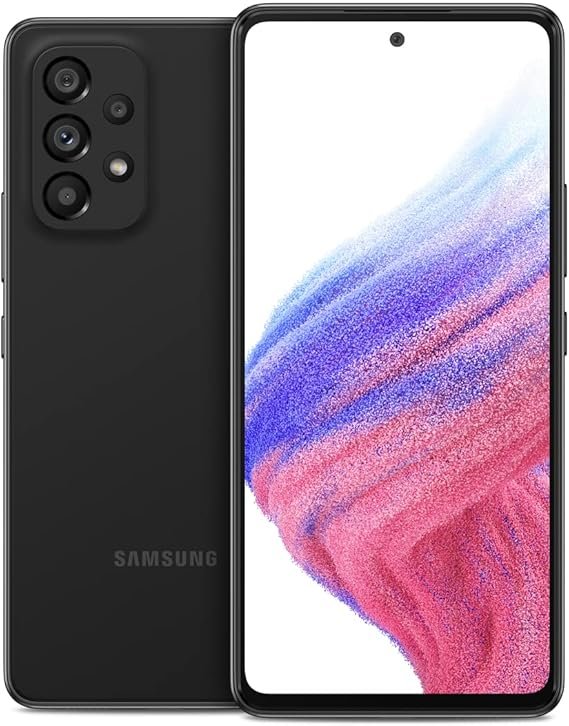Mobile phones are indispensable tools that offer a wide range of functionalities beyond communication. They are equipped with advanced technology, powerful processors, high-resolution cameras, and diverse connectivity options.
Display
Modern smartphones feature high-resolution displays with vibrant colors and sharp details. Technologies like OLED and LCD enhance visual quality. Screen sizes typically range from 5 to 7 inches, offering users a rich viewing experience.
Performance
A smartphone’s performance is driven by its processor and RAM. Advanced processors and sufficient RAM ensure smooth multitasking, gaming, and efficient operation.
Camera
Smartphones come with multiple cameras, including wide, ultra-wide, and telephoto lenses. These cameras capture high-quality photos and videos, with features like night mode, portrait mode, and video stabilization.
Battery
Battery life is crucial for mobile phones. Battery capacity, measured in milliampere-hours (mAh), indicates how long the phone lasts on a single charge. Features like fast charging and wireless charging add convenience.
Connectivity
Phones support various connectivity options such as Wi-Fi, Bluetooth, GPS, and cellular networks (4G/5G). These features ensure reliable internet access, data transfer, and accurate location services.
Operating System
Mobile operating systems like iOS and Android provide user-friendly interfaces and a wide range of apps. Regular updates improve security and add new features, enhancing the user experience.
Additional Features
Smartphones offer additional features like biometric security (fingerprint sensor, face unlock), water and dust resistance, and multiple color options, enhancing both functionality and aesthetics.
Conclusion
Understanding the key features of mobile phones helps in making informed decisions when purchasing a new device. Modern smartphones offer a blend of performance, camera quality, and connectivity, making them essential tools in today’s digital world.

